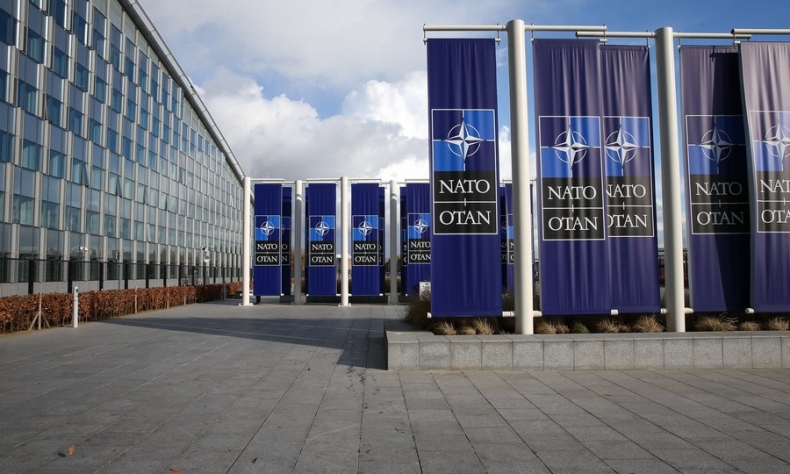NATO Massively Exaggerates and Inflates ‘China Threat’

NATO is an institution based on not only a Cold War mentality, but an increasing orientation towards global military supremacy.
At the beginning of the week, the North Atlantic Treaty Organization (NATO), the collective security alliance of Western countries, held a leader summit. Unsurprisingly, as per the earlier G7 gathering, the focus of the meeting as urged by the U.S., inevitably, was China.
The summit sought to brand Beijing as a “threat to the international order” and even though NATO head Jens Stoltenberg denied any connection with a “Cold War” mentality, it is hard to see otherwise what an institution, founded at the height of the original Cold War itself, could mean in espousing such language.
It is strange for an organization that describes itself as covering “North Atlantic” security to be focusing on a country far off in East Asia, which does not have any military presence whatsoever in this part of the world and does not aspire to do so.
In this case, is NATO more than what it actually professed to be? Is it primarily more concerned with shielding absolute U.S. hegemony as opposed to providing “collective defence”?
The North Atlantic Treaty Organization was founded in 1949 in response to the emerging Cold War with the Soviet Union. On paper, its purpose was to initially provide common security for states of Western Europe.
It was mirrored by the USSR’s “Warsaw Pact” bloc, thus it served a purpose in maintaining the “balance of power” to ensure stability in Europe not least given its growing and distinctly nuclear character. One could argue it served to secure peace and stability in Europe following a century of conflicts leading up to World War II.
Yet, despite the end of the Cold War in 1991, NATO became a “status quo” organization and a tool of the American-led international order. Washington subsequently pioneered its expansion eastwards and likewise used its respective alliance network as a weapon to pursue conflicts in Afghanistan, Iraq, Libya and Syria respectively.
It tilted from achieving stability, to an “alliance of instability” accordingly. The subsequent incorporation of eastern European states into the bloc did not actually consolidate new post-cold-war peace, but subsequently provoked tensions with Russia.
Now, the U.S. is trying to stage-manage its approach towards China. But none of this makes any sense. China is not in fact seeking to revise the international order and nor is it trying to militarily dominate the world.
NATO is an alliance of 30 members, and not excluding U.S. allies elsewhere in the world. China has long built its foreign policy on the principle of non-alignment. It is not attempting, like the Warsaw Pact, to build a parallel alliance system to mirror and compete with the NATO structure and nor does it have any ambitions or involvement in the North Atlantic region.
One might question: Who is the threat to whom here?
Compared to the global ambitious and hegemonic nature of the NATO institution as led by the U.S., China ultimately aims to foster warm and close diplomatic ties with almost every single member within the alliance. Anything else is totally irrelevant.
NATO is an institution based on not only a Cold War mentality, but an increasing orientation towards global military supremacy. Beijing seeks none of it, and that is why it responded to the communique urging the institution to come to its senses, stop promoting a ridiculous “China threat” theory and attempting to contain its development.
 Facebook
Facebook
 Twitter
Twitter
 Linkedin
Linkedin
 Google +
Google +







